Physiology
Physiology is the branch of biology that deals with the normal functions of living organisms and their parts. It focuses on how the body systems work together to maintain homeostasis, or the internal balance of the body.
Key Concepts to Study:
- Cellular Physiology: Understanding how individual cells function, including processes such as metabolism, membrane transport, and cell communication.
- Neurophysiology: Exploring the function of the nervous system, including how nerve cells transmit signals and how the brain and spinal cord control bodily functions.
- Cardiovascular Physiology: Studying the function of the heart and blood vessels, including how blood is pumped through the body and how blood pressure is regulated.
- Respiratory Physiology: Examining how the respiratory system works to exchange oxygen and carbon dioxide with the environment, including the mechanics of breathing and gas exchange in the lungs.
- Endocrine Physiology: Understanding the role of hormones in regulating various bodily functions and maintaining internal balance.
- Renal Physiology: Investigating the function of the kidneys in filtering and excreting waste products from the blood, as well as regulating water and electrolyte balance.
- Digestive Physiology: Exploring the processes of digestion and nutrient absorption in the gastrointestinal system.
- Reproductive Physiology: Studying the function of the reproductive system, including the processes of gamete production, fertilization, and pregnancy.
Study Tips:
When studying physiology, it can be helpful to:
- Break down complex processes into smaller, more manageable parts.
- Use diagrams and visual aids to understand anatomical structures and physiological pathways.
- Practice applying physiological concepts to real-life scenarios, such as exercise, stress, or illness.
- Quiz yourself on key terms and concepts to reinforce your understanding.
- Seek out additional resources, such as textbooks, online articles, and educational videos, to deepen your knowledge.
◂Science Worksheets and Study Guides Sixth Grade. Fishes, Amphibians, and Reptiles
Study Guide Fishes, Amphibians, and Reptiles
Fishes, Amphibians, and Reptiles  Activity Lesson
Activity Lesson Fish, Amphibians & Reptiles
Fish, Amphibians & Reptiles  Worksheet/Answer key
Worksheet/Answer key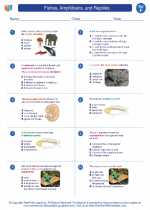 Fishes, Amphibians, and Reptiles
Fishes, Amphibians, and Reptiles  Worksheet/Answer key
Worksheet/Answer key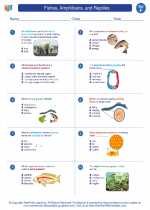 Fishes, Amphibians, and Reptiles
Fishes, Amphibians, and Reptiles  Worksheet/Answer key
Worksheet/Answer key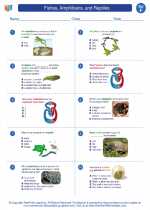 Fishes, Amphibians, and Reptiles
Fishes, Amphibians, and Reptiles  Worksheet/Answer key
Worksheet/Answer key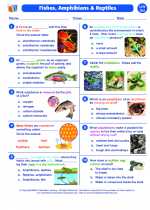 Fishes, Amphibians, and Reptiles
Fishes, Amphibians, and Reptiles  Vocabulary/Answer key
Vocabulary/Answer key Fishes, Amphibians, and Reptiles
Fishes, Amphibians, and Reptiles  Vocabulary/Answer key
Vocabulary/Answer key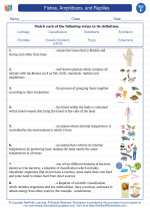 Fishes, Amphibians, and Reptiles
Fishes, Amphibians, and Reptiles  Vocabulary/Answer key
Vocabulary/Answer key Fishes, Amphibians, and Reptiles
Fishes, Amphibians, and Reptiles  Vocabulary/Answer key
Vocabulary/Answer key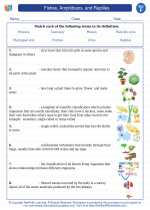 Fishes, Amphibians, and Reptiles
Fishes, Amphibians, and Reptiles  Vocabulary/Answer key
Vocabulary/Answer key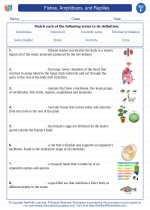 Fishes, Amphibians, and Reptiles
Fishes, Amphibians, and Reptiles 

 Activity Lesson
Activity Lesson
 Worksheet/Answer key
Worksheet/Answer key
 Worksheet/Answer key
Worksheet/Answer key
 Worksheet/Answer key
Worksheet/Answer key
 Worksheet/Answer key
Worksheet/Answer key
 Vocabulary/Answer key
Vocabulary/Answer key
 Vocabulary/Answer key
Vocabulary/Answer key
 Vocabulary/Answer key
Vocabulary/Answer key
 Vocabulary/Answer key
Vocabulary/Answer key
 Vocabulary/Answer key
Vocabulary/Answer key

The resources above cover the following skills:
LIFE SCIENCE
From Molecules to Organisms: Structures and Processes